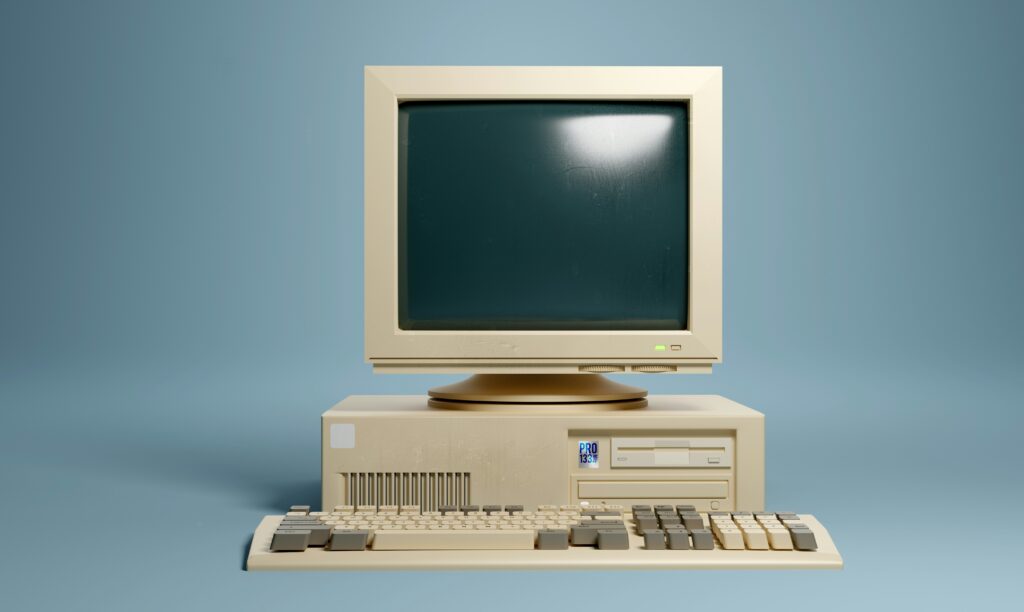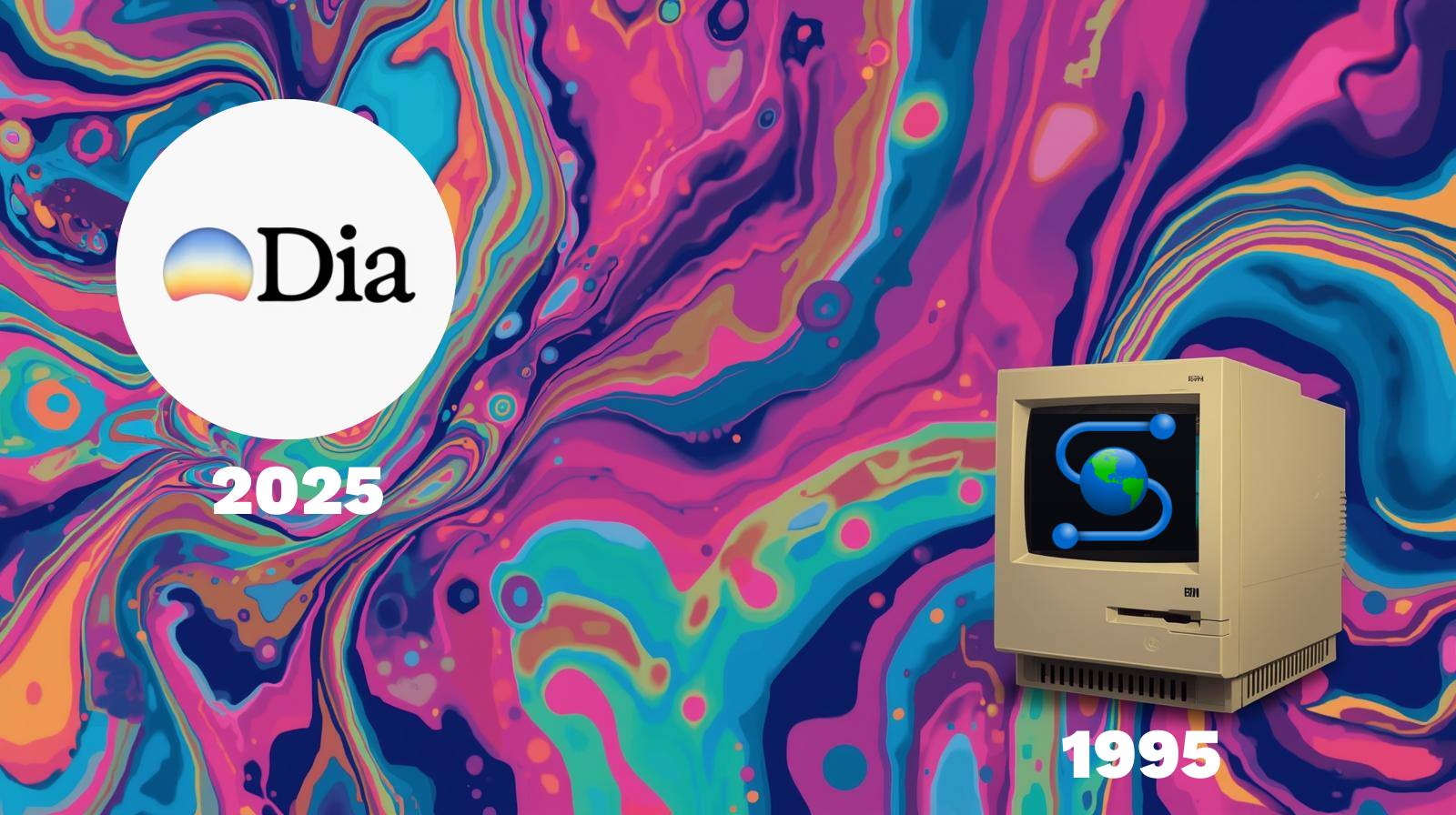Why is it that something so central to our digital lives, we give almost no attention? I have been fascinated with browsers since Mosaic came on the scene in the early 1990s. Before browsers, accessing the internet meant wrestling with painfully slow, noisy dial-up modems that lethargically connected provide access to Gopher, FTP, WAIS, and Pine.
Then, Mosaic changed everything. A rapid succession of innovations followed and the rest is history. Netscape Navigator, Microsoft Internet Explorer, Opera, and Mozilla Firefox emerged — all before the year 2000.
Standards Bring Stability to Chaos

Perhaps there’s a reason browsers faded into the background of our attention: after the early years, the browser landscape stabilized. Standards took hold, and for decades, most of us opened the same few browsers, rarely thinking about them unless something broke. The browser became a reliable, invisible gateway—so consistent that we stopped noticing it.
And then social media swept us into a new era of online engagement. Facebook, Twitter, and later Instagram and TikTok captured our attention and imagination. The browser became more like a light switch—a basic utility we used without thought to access these engaging social platforms. Our focus shifted from the browser to the endless scroll of social feeds it delivered.
A New Browser Era Powered by AI

Today, we’re witnessing the next major evolution in browsing. Just as Mosaic transformed the clunky internet into a visual playground, AI-powered browsers like Dia are creating that same sense of magic all over again. These aren’t just windows to the web anymore—they’re sophisticated AI productivity assistance platforms that understand your needs, learn from your habits, and actively help you work better.
These browsers can:
- Automatically organize your research as you browse
- Summarize long articles into key points you care about
- Connect your past and present browsing – ask about tabs from weeks ago or how they relate to what you’re reading now
- Remember not just your history, but the context of why you visited each page
- Automate repetitive tasks you didn’t even realize could be automated
This isn’t hypothetical—it’s happening now.
The Cost of Innovation

This revolution comes with an interesting twist: for the first time, we might need to rethink how browsers are funded. Here’s why:
1. The Free Browser Era
For three decades, browsers have been free. From Mosaic to Chrome, we’ve never had to pay for our window to the web. This shaped how we think about browsers—they’re utilities, like the basic apps that come with our computers.
2. AI Changes Everything
AI features transform browsers from simple webpage displays into sophisticated personal assistants. But running AI models, maintaining cloud infrastructure, and developing these features isn’t free—it requires significant ongoing investment.
3. The New Reality
Just like we’ve gotten used to paying for ChatGPT or Perplexity, browser economics are shifting. Think about it: if your browser becomes as essential as your favorite productivity app, wouldn’t it make sense to pay for it? As browsers evolve into platforms for AI-driven productivity strategies, the days of free utilities are numbered.The good news? Right now, you can experience this future without paying a dime.
We’re entering an era where browsers will once again command our attention and imagination. Just as Mosaic made the internet accessible, AI browsers are making it truly personal. They’re not just tools anymore—they’re partners in our digital journey.
Curious what this future feels like? Try Dia and experience the next evolution of browsing for free: https://diabrowser.com/invite/FFUG6G
